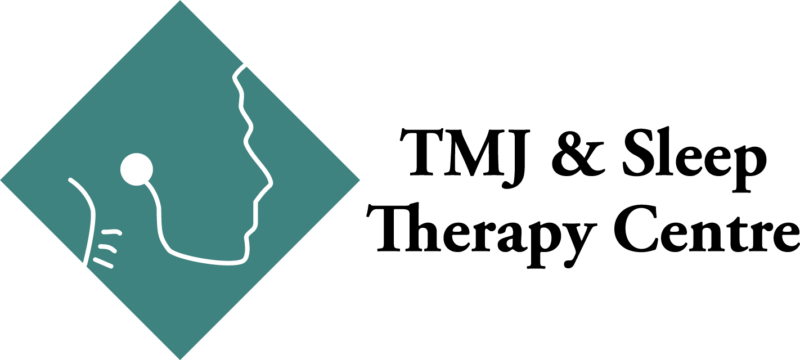Most people normally breathe through their nose. However, there are times when you can only breathe through your mouth, such as when you are sick or suffering from allergies. Structural issues with the septum, adenoids and tonsils can also force people to breathe through their mouth. Mouth breathing, however, can become a bigger problem if it is untreated in patients who already suffer from sleep apnea. Specifically, they find their sleep apnea symptoms are made worse by nasal obstructed breathing.
Mouth Breathing Symptoms
Most people don’t realize they are mouth breathers because the symptoms can be mild and associated with other health issues. Here is a list of common signs to look for:
- Snoring
- Hoarseness and dry mouth
- Waking up unrefreshed
- Chronic fatigue
- Inability to focus during the day
- Bad breath
While these symptoms can be associated with a cold or just a bad night’s sleep, it’s when they are ongoing and seem to worsen that the cause may be mouth breathing.
Sleep Apnea and Mouth Breathing
Chronic mouth breathing causes the jaw and mouth to stay open in a position that doesn’t support breathing. In a person already suffering from sleep apnea, this only compounds the problems of not being able to breathe and constant waking during the night.
Mouth breathing should be addressed before a sleep apnea therapy is introduced because it can decrease the effectiveness of oral appliance therapy and CPAP machines. CPAP users wear a mask at night, which blows air through the nose in order to keep the airway from collapsing. With mouth breathers, however, their nasal passage is blocked and the CPAP machine isn’t able to function properly.
Treatments For Mouth Breathing
There are several ways to address mouth breathing. Culprits such as a deviated septum or enlarged tonsils may require surgery. Other methods can also help, such as:
- Clear nose blockages using a nasal wash
- Practicing breathing techniques such as those used in yoga practice or the Buteyko breathing method
- Exercise forces you to breathe deeply through the nose and can get you out of the habit of only breathing through your mouth.
In addition to increasing sleep apnea symptoms, mouth breathing can also increase the risk of dental problems. Having a constant dry mouth reduces saliva that fights cavities and gum disease–causing bacteria, which is why it’s important to treat chronic mouth breathing. Call our office today and set up a consultation to address these issues and start on the path to easier breathing.
